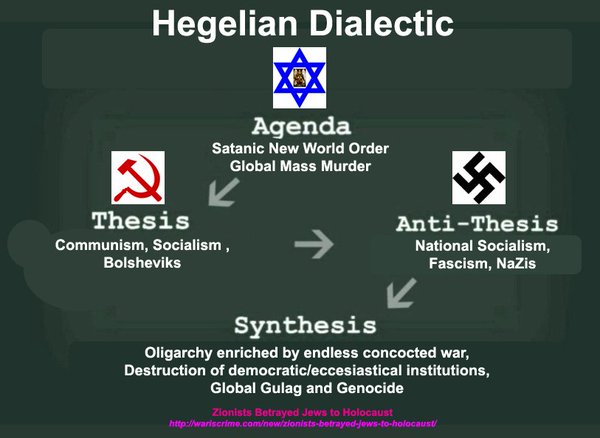
And you can feel both hurt by someone and understand where they are coming from. In our movies, we have ‘villians’ and ‘heroes.’ In the newspapers, we see ‘the terrorists’ and ‘the good guys.’īut dialectical thinking accepts that two opposites can be true at the same time.įor example, a person can be both violent and compassionate. Without even realizing it, we are conditioned to think in opposites. In other words, you are forcing yourself to think from the other person’s point of view. ‘ I voted Democrat, and I also think the Republicans have a lot to offer.’, would be a dialectical way of thinking. Having expressed their support for this political party, they might find it very difficult to agree with anything that another party stands for, because it feels like they are betraying their convictions.īut when you think dialectically, you don’t pigeonhole yourself into a specific view. Instead of getting trapped in a ‘black or white’ way of thinking, you can make it easier for yourself to see things through a more realistic lens.įor example, someone might vote for a particular political party. Thinking dialectically is about finding a more balanced perspective. You don’t have to choose which feeling wins because both are equally valid. The word ‘ and’ is subtly but powerfully different from ‘ but’ because it emphasizes that two conflicting ideas can take up the same space without competition. ‘ I am angry with my sister, but I accept her as she is.’ isn’t quite the same. ‘ I am angry with my sister, and I accept her as she is.’ would be a dialectical approach because I am acknowledging my two seemingly conflicting feelings as part of the same truth.

Using ‘And’ Versus ‘But’Īn essential part of dialectical thinking is choosing to use the word ‘ and’ instead of the word ‘ but.’ You can take a stance on a particular subject and still be open to understanding the other person’s point of view. This does not mean that you can never take a stance. But a dialectic thinker would say that the glass is half empty and half full. An optimist would say that the glass is half full. Hence this helps broaden your conscious mind, become more self aware and make better decisions.Ī pessimist would say that the glass is half empty. It’s not about positive thinking, instead it’s about looking at a situation from a neutral perspective or from the perspective of an detached observer rather than someone who is attached to one point of view or another.

Thinking Neutrallyĭialectic thinking is about walking the middle path. Here are 7 key pointers along with examples to help you understand how dialectic thinking works. This way you can stay open-minded and curious because you don’t force yourself to ignore conflicting feelings or ideas.
DIALECTIC EXAMPLES HOW TO
How to develop dialectical thinking in your daily life?ĭialectical thinking allows you to hold two seemingly opposite ideas as part of the same truth.

This has been touted as an infinite process, but I haven't yet found any example that can describe an actual example of this process going through even three of four cycles.

I don't have the time to make this a really good statement and I feel sorry for that.Ĭan you give an actual example from the real world where there was a thesis and antithesis that became a synthesis which then became a new thesis, and then what the new antithesis was to that and what new synthesis emerged from those, and then what the new antithesis was to that and what new synthesis emerged from those? This is not a very thoughtful statement and I invite thoughtful criticism. In the world of ideas, it is much more difficult to see examples of dialectic because ideas cannot be tested as can scientific hypotheses. Doesn't scientific experimentation and observation give examples of ideas that are stated and then refuted with modifications being accepted? And then the newer hypotheses are accepted and then refuted and new hypotheses are stated?įor me, the ability to pose ideas as thoughtful offerings subject to change and subject to thoughtful criticism of good will is a wonderful thing.


 0 kommentar(er)
0 kommentar(er)
